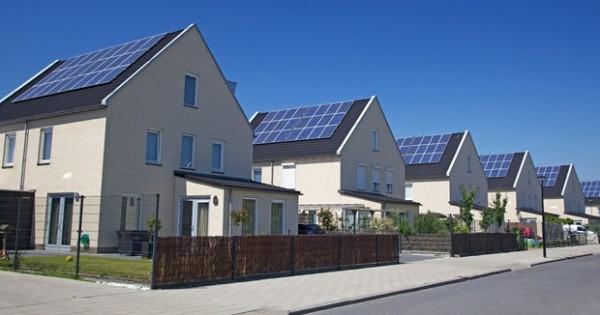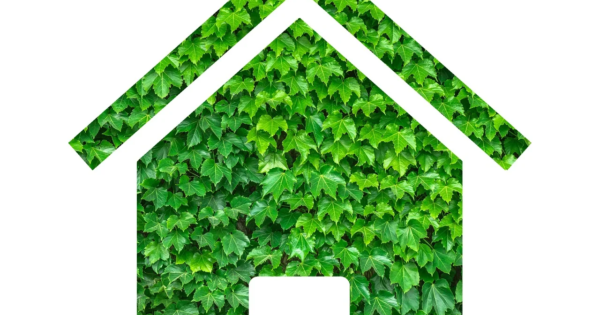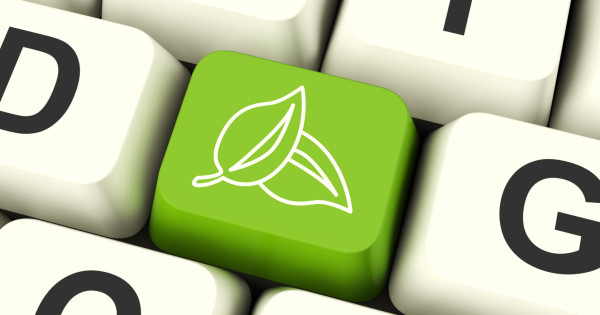They’re one of the marvels of modern-day engineering. They’re a collection of crystals, dopants, metal conductors and glass. They harness the sun’s rays, generate energy and save businesses and homeowners impressive amounts of money each month. They are, of course, solar panels — and they’re growing in popularity. Before you consider installing roof solar panels, let your local roofing contractors inspect your roofing system to see if your roof is still in good condition and can handle these panels.
Last year was a record year for the solar industry in the United States, according to the Solar Energy Industries Association, with solar accounting for nearly 30 percent of all new electricity generation capacity added.
Yes, more and more people and businesses are investing in solar panels, and their long-term future looks bright. Heck, even the United States government is working hard to make it easier for families and businesses to install solar panels. After the solar panels are installed, it’s not like everybody gets to just sit back, relax and wait for the energy savings to come rolling in. There are some things home solar system owners need to do.
Here’s a quick look at what needs to be done to make sure the panels are running properly—and paying dividends:
Look for Dirt and Debris
Dirt and debris are to solar panels what plaque and food particles are to teeth—they impede your ability to take one thing and turn it into energy. At least once a month, you should inspect your solar panels with the help of professionals from https://gosolarnewjersey.org/ to make sure they are clean and clear of any major amounts of dirt, grime, branches, leaves or anything else that might keep the sun’s rays from reaching your cells.
Wash Them With Water
If you do find that dirt and debris has collected on your solar panels, you’ll need to wash them down with water. A standard garden hose should suffice. The best time to wash your system is in the early morning or in the late afternoon, when the cells aren’t too hot. Spraying cold water onto cells that are full of heat could crack them—and then you have a much larger problem on your hands than just some grime.
If you live in an area that gets a lot of rain, you’re in luck. The rain will usually keep your panels clean and you may only need to wash them down once a month. If you live in a dry, dusty area, you may have to consider solar panel cleaning much more often.
Monitor the System’s Performance
It’s important for people to understand how much energy they can expect their solar panels to generate and how the weather affects the system’s performance. Once the system is installed, check the system’s meter on a weekly basis and write down how much energy it has produced. At the same time, keep a close eye on the weather and write down the average hours of sun the system saw each day.
At the end of each week, reconcile the two. Over the course of a year—and throughout the changing seasons—this process will give you an idea of how much energy you can expect your system to produce. Knowing what to expect will help you identify any anomalies in the system, which could mean that something isn’t functioning properly.
Fix Problems Immediately
Solar panel systems are built to last. They generally don’t require a lot of maintenance. But when something does break or go wrong, it’s important to have it fixed as soon as possible. For more helpful tips, check out this solar power blog here.
Solar panels are an investment, and investors obviously like to maximize the returns on their investments. This means having problems fixed as soon as they are recognized. After all, if a solar panel is cracked, chipped or otherwise broken, it’s not harnessing the sun’s rays and turning them into money-saving energy units for you.
The good news is that as solar panels have become more ubiquitous, and so too have the companies that are able to fix them. Of course, it’s always best to work with a company with extensive experience and a reputation for being trustworthy. Ensuring you take the right precautions, you can reap the benefits of your home solar system for years to come.




